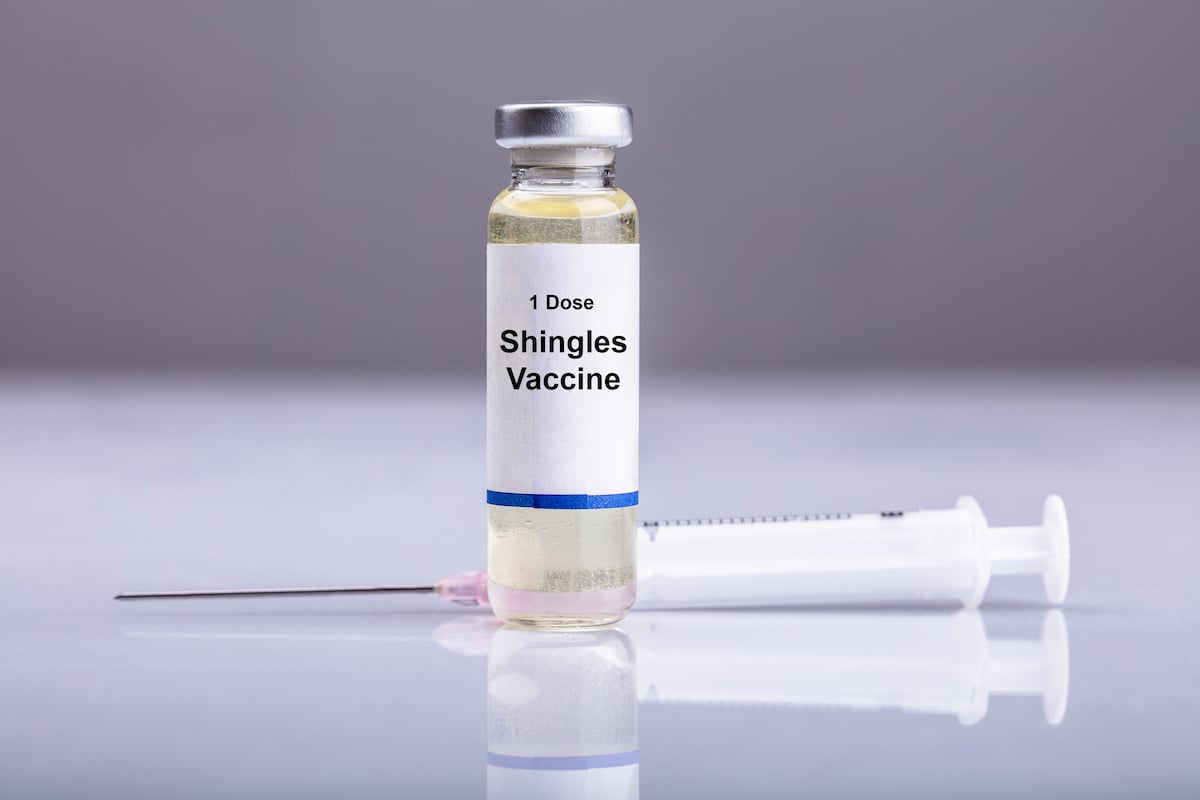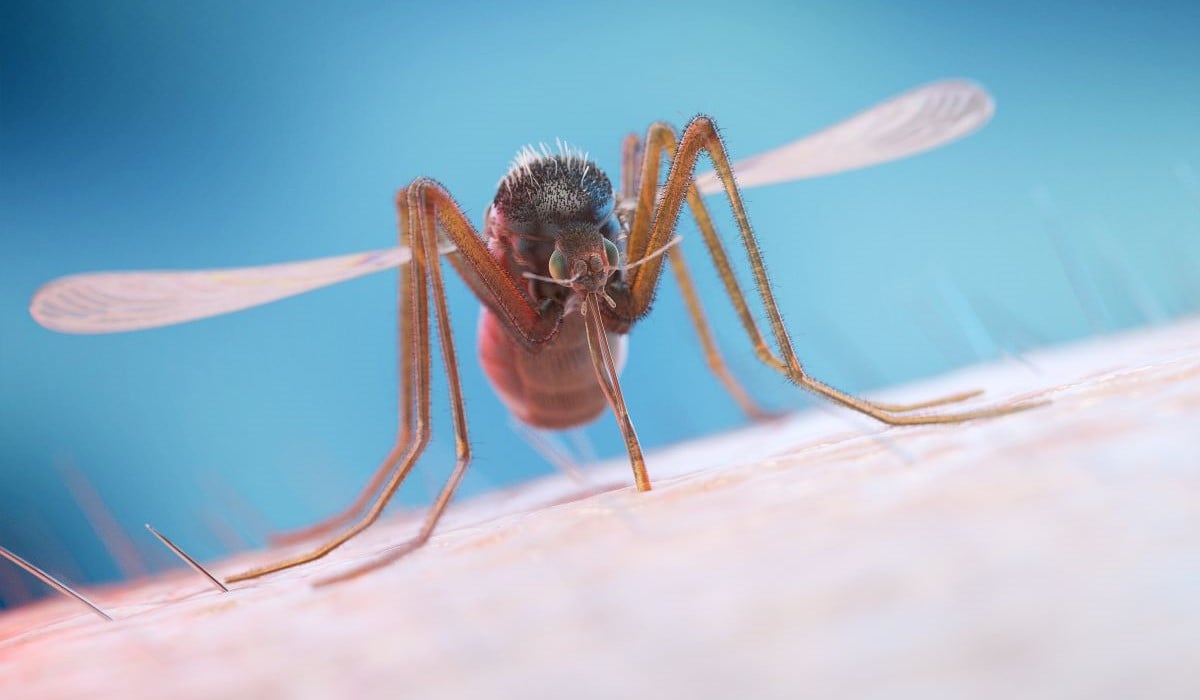
Older people who avail themselves of the newest shingles vaccine could reap a hidden benefit: A significant drop in their odds of developing dementia. One expert applauded the new findings. “Dementia isn’t an inevitable part of aging; it’s caused by diseases like Alzheimer’s,” said Dr. Sheona Scales, director of research at Alzheimer’s Research UK. “Finding… read on > read on >











.jpeg)

.jpeg)


.jpeg)

